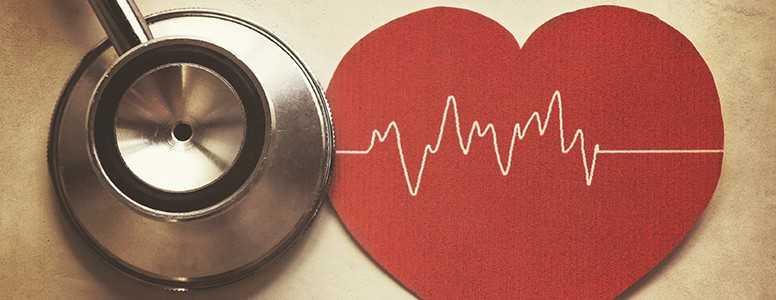Doctors may be able to assess a patient’s risk of type 2 diabetes by measuring their heart rate, according to new research.
The study, which was conducted at Pennsylvania State University, found that faster heart rates were associated with a higher risk of type 2 diabetes and prediabetes, as well as higher levels of fasting blood glucose.
The researchers recruited 73,357 participants, all of them from Chinese coal mining company Kailuan Coal Co. Ltd. Because this is such a specific group, the study’s validity would have been compromised, so the researchers compared their findings to data from previous studies, in which the social and cultural range of participants was much more diverse.
“We found participants with faster heart rates, suggesting lower automatic function, had increased risk of diabetes, prediabetes and conversion from prediabetes to diabetes,” said researcher Dr. Xiang Gao.
“We found a similar association – individuals with fast heart rate had 59 per cent increased risk of [type 2] diabetes relative to those with slow heart rate.
“Each additional 10 beats per minute was associated with 23 per cent increased risk of [type 2] diabetes, similar to the effects of a 3kg-per-sq-m increase in body mass index (BMI).”
The research was published in the International Journal of Epidemiology.
What's new on the forum? ⭐️
Get our free newsletters
Stay up to date with the latest news, research and breakthroughs.






